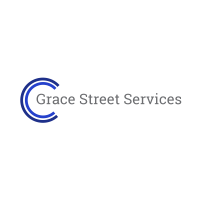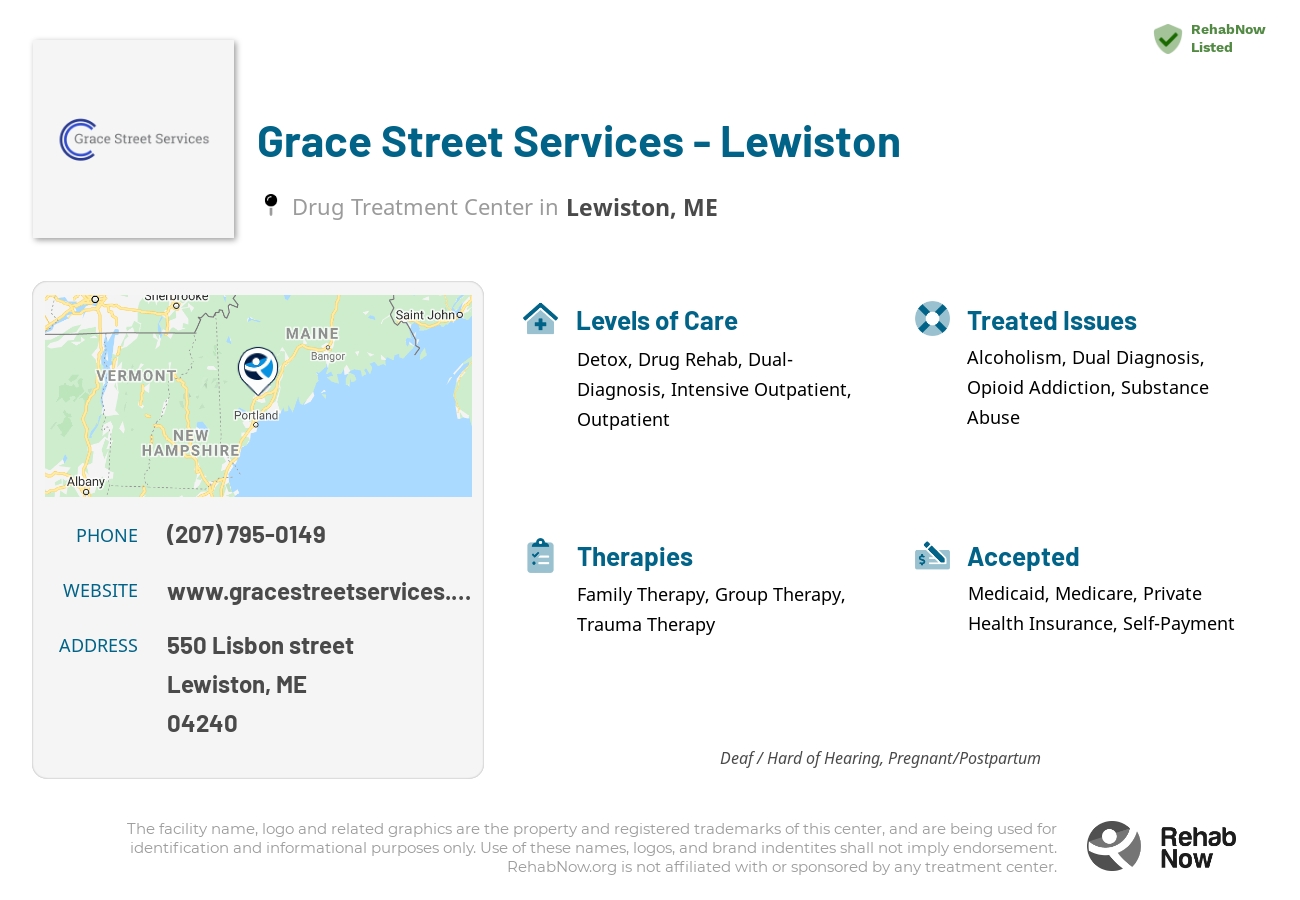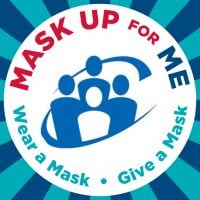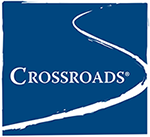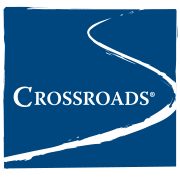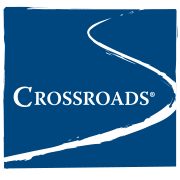Grace Street Services - Lewiston
Drug Rehab Center in Lewiston, Maine
Grace Street Services - Lewiston offers a variety of addiction treatment services for individuals struggling with substance abuse, including detox, intensive outpatient, outpatient, dual-diagnosis, and drug rehab programs, with the goal of helping individuals overcome their addiction and attain long-term sobriety.
Multiple patients have reported Grace Street Services - Lewiston as permanently closed.
Research other rehabs in Lewiston, Maine, or get help finding an open facility.
About This Maine Facility
Grace Street Services - Lewiston is an addiction treatment facility located in Lewiston, Maine. They specialize in providing comprehensive treatment to individuals suffering from alcoholism, opioid addiction, substance abuse, dual diagnosis, and drug addiction. With a focus on helping individuals reclaim their lives from addiction, Grace Street Services offers various levels of care including detox, drug rehab, dual-diagnosis treatment, intensive outpatient programs, and outpatient programs. They understand the importance of individualized treatment and offer a holistic approach to recovery, addressing both the physical and psychological aspects of addiction. Grace Street Services - Lewiston accepts private health insurance, making quality addiction treatment accessible to those in need. If you or a loved one is seeking professional help to overcome addiction, Grace Street Services - Lewiston is dedicated to providing the support and guidance needed on the path to recovery.
At Grace Street Services - Lewiston, individuals struggling with addiction can find a range of services and treatment methods designed to address their specific needs. With a focus on personalized care, the facility offers detox programs to help patients safely and comfortably rid their bodies of substances. Additionally, they provide comprehensive drug rehab programs that combine evidence-based therapies, counseling, and support groups to promote lasting recovery. For those facing co-occurring mental health disorders, Grace Street Services offers dual-diagnosis treatment to address both addiction and underlying mental health issues simultaneously. The facility also provides various levels of outpatient care, such as intensive outpatient programs and traditional outpatient programs, allowing individuals to receive ongoing support while maintaining their daily responsibilities. With a team of experienced professionals and a commitment to individualized treatment, Grace Street Services - Lewiston is dedicated to helping individuals overcome addiction and build a healthy, fulfilling life in recovery.
Genders
Ages
Modality
Additional
Conditions and Issues Treated
People who abuse drugs are likely to suffer from an addiction, which can cause serious health problems. When it comes to helping drug abusers get sober, there are many options to choose from. It is essential to state that there is no “”correct”” way of doing things. People are different, and they need different types of help to get over their addiction.
Many people who struggle with opioid addiction need to attend specific programs like methadone , Suboxone or Vivitrol clinics.
These types of programs will provide the patient with legal, prescription medications that can help them overcome their cravings for illegal opioids like heroin or fentanyl . If the patient has a chronic condition like Hepatitis C, they must undergo treatment before they can begin taking these medications.
Dual Diagnosis refers to someone who is both dealing with addiction and another mental health issue.
There are different kinds of Dual Diagnosis: A person who simultaneously experiences both a mental illness and an addiction disorder. Or, a person who experiences one or more coexisting (simultaneous) mental health conditions in addition to a primary substance use disorder.
Some conditions that commonly co-occur with addiction include:
- Personality Disorders (Borderline, Narcissistic)
- Mood Disorders (Bipolar Disorder, Depression, Anxiety Disorder)
- PTSD (Post Traumatic Stress Disorder), OCD (Obsessive Compulsive Disorder), ADHD (Attention Deficit Hyperactivity Disorder)
- Schizophrenia, Psychosis, Hallucinations, Delusions
Levels of Care Offered at Grace Street Services - Lewiston
This center offers a variety of custom treatment tailored to individual recovery. Currently available are Detox, Drug Rehab, Dual-Diagnosis, Intensive Outpatient, Outpatient, with additional therapies available as listed below.
An addict may have to go through alcohol or drug withdrawal. While detox may be uncomfortable, it is not life-threatening. Detoxification allows the addict to rid the body of all traces of drugs or alcohol and gives the addict a clean slate for their recovery. In an inpatient or outpatient setting, detox can be managed medically.
Outpatient addiction treatment is beneficial for people who are able to function well in their day-to-day lives. It is recommended for people who are not yet ready to end their relationships with friends or family members who might be encouraging drug and alcohol use.
Intensive outpatient treatment is beneficial for:
- People who are able to attend treatment more than 3 times per week.
- People who do not meet the criteria for inpatient treatment.
- People who are able to contribute to their own recovery outside of the treatment center.
- People who are motivated towards recovery.
- People who are able to overcome addiction on their own without the need for higher levels of care.
Outpatient treatment programs provide drug and alcohol addiction treatment through individual sessions with a counselor, group therapy, 12-step meetings, and other activities to help individuals gain sober living skills. Most programs are designed for those individuals who have completed a medically supervised detoxification program and provide opportunities for clients to begin the process of early recovery.
Outpatient programs also offer a level of medical support as needed and psychological backing through therapy. Clients are encouraged to live at home, though there may be some flexibility regarding this requirement based on the circumstances and needs of each patient.
Outpatient treatment is perhaps the most common type of dual diagnosis program available. It does not pose a significant financial burden on patients. However, it is essential to note that outpatient treatment does not provide the support and supervision given in residential programs. Some addicts may need this level of support to maintain their sobriety.
Therapies & Programs
The main goal of family therapy for drug addiction is to create an environment where communication can occur without judgment, hostility, or blame that often occurs within a family.
Family therapy is a type of group problem-solving that aims to improve communication and relationships between the patient, their family, and sometimes friends. The therapist is with the family as they learn to communicate with each other differently, especially with the addict when s/he is using.
The family can learn to reduce their enabling behavior or rally together and support each other during tough times. The patient also learns how to deal with their addiction and maintain sobriety while interacting with the family.
Different types of addiction treatment services are available. Within this article, group therapy is of interest due to its high success rate compared to individual therapy. Group therapy settings are beneficial because they allow recovering addicts to build a strong support network.
Benefits of group therapy are:
- Reduces feelings of isolation
- Immediate access to social support in the form of fellow addicts in recovery
- Lowers risk of relapse
- Increases rate of sobriety
- Builds coping skills that can be applied to everyday life
Trauma Therapy is a form of therapy that involves working with a patient to help them process and understand the past trauma(s) in their life. The idea behind it is that while some people can experience traumatic events and not have lasting psychiatric symptoms, many others will. In these cases, memories of the event get hidden from consciousness but continue to influence how the person processes and copes with things in their life. They may avoid situations that resemble what happened or become suddenly angry or irritated to a situation that reminds them of a past event.
With the help of a therapist, people can go back over memories and experiences. This helps them understand why they are having problems coping with certain situations and how they can change how they think and react to things. This therapy is typically done using techniques such as visualization, discussion, and writing down thoughts and feelings.
Trauma therapists will work with clients to help them understand their past and present relationships. Many times, patients may believe that something is inherently wrong with them or that they are unworthy of love. A therapist aims to correct these negative feelings and behaviors by helping the person realize that their actions do not reflect who they truly are.
One of the main goals of trauma therapy is to help clients express their emotions and talk about what they are feeling. This benefits both to increase awareness of how certain events have impacted them in the past and enables patients to realize that they can make changes in their lives.
Payment Options Accepted
For specific insurance or payment methods please contact us.
Is your insurance accepted?
Ask an expert, call (888) 674-0062
Grace Street Services Associated Centers
Discover treatment facilities under the same provider.
Learn More About Grace Street Services Centers
Additional Details
Specifics, location, and helpful extra information.
Lewiston, Maine 4240 Phone Number(207) 795-0149 Meta DetailsUpdated November 25, 2023
Staff Verified
Patient Reviews
There are no reviews yet. Be the first one to write one.
Lewiston, Maine Addiction Information
Prescription opioid abuse is the most common form of substance abuse in Maine. More than 10% of these residents have also admitted to using prescription drugs for non-medical purposes. Between 2013 and 2014, 4 out of every 5 deaths in Maine were caused by illicit drugs. One in five high school students in Maine uses marijuana every single month.
9% of people in Lewiston, ME, abuse drugs. While heroin and fentanyl are the most commonly cited drugs involved in these overdoses, prescription painkillers are also problematic. From 2012 to 2016, there was an average of 1,521 drug overdose deaths each year. There are many different types of drug treatment available in Lewiston, Maine. Some popular options include outpatient therapy, 12-step programs, and residential rehab.
Treatment in Nearby Cities
- Rockport, ME (56.8 mi.)
- Gray, ME (15.3 mi.)
- Yarmouth, ME (20.0 mi.)
- Stow, ME (38.7 mi.)
- Calais, ME (163.2 mi.)
Centers near Grace Street Services - Lewiston
The facility name, logo and brand are the property and registered trademarks of Grace Street Services - Lewiston, and are being used for identification and informational purposes only. Use of these names, logos and brands shall not imply endorsement. RehabNow.org is not affiliated with or sponsored by Grace Street Services - Lewiston.
